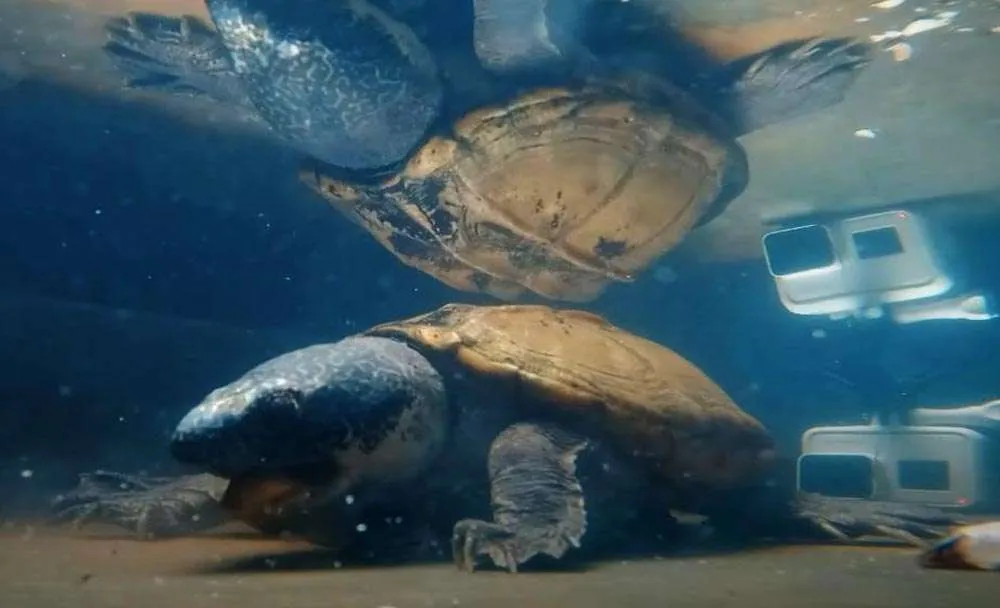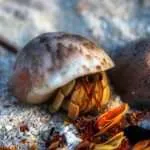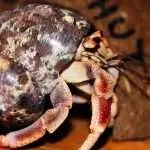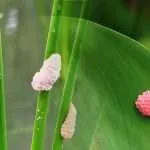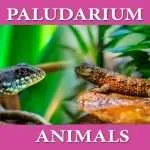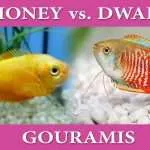What your Musk turtles eat determines their overall health and is also responsible for their long life, making them good companions for many pet owners.
But they need the best care and proper diet to live a long and healthy life.
This blog post will discuss the foods you can give your Musk turtle to keep it healthy and what foods to avoid.
Let’s start with what to feed your Musk turtle.
What Type of Food do Musk Turtles eat?
Musk turtles are omnivores that can eat various aquatic foods. While they prefer live or fresh foods, Musk turtles’ diet can include other dried foods.
They like small fishes and plants in their natural habitat or in captivity.
So, if you’re wondering what kind of prey and plants to feed your Musk turtle, let’s go through them:
Insects and worms:
Musk turtles love to eat insects and worms, such as Nymphs, Earthworms, Crickets, Redworms, Dubia, dragonflies, etc.
Some Musk turtles can prefer some of these to others, so you should not be scared to experiment to know the ones your Musk Turtle prefers.
I advise you avoid giving them worms or insects caught in the wild.
Some of these may have parasites or other diseases, which may affect your Musk Turtle. If possible, buy them from trusted vet shops.
Fresh prey:
Musk Turtles also love small aquatic prey.
In the wild, Musk Turtles feed on crayfish, minnows, guppies, small shrimps, tiny snails, etc.
You can feed these to your pet Musk Turtles too.
These fresh or live preys are good for your Musk Turtles because they encourage hunting and movement, behaviors that keep them healthy and alert.
If you can’t get them live preys, you can substitute the live preys with dried ones.
You can order the dried ones online from Amazon or check out your local pet shop.
Whether live or dried, ensure you only buy from reputable shops and do not try to catch them in the wild.
Fruits and vegetables:
You can also feed your Musk Turtles fruits and vegetables.
Ensure you wash the vegetables to eliminate harmful substances and parasites.
Cut them into tiny pieces and bits so that your Musk Turtles can easily munch on them.
The most nutritious vegetables for your Musk Turtles are Kale, Celery, Watercress, Lettuce, Collard, and Mustard Greens.
Vegetables like cucumbers and mushrooms offer little or nothing in nutritional value to your Musk Turtles.
Commercial foods:
Musk turtles have some feeds that are a unique formula for them.
These foods can be fed to your Musk Turtles instead of living prey and are highly nutritious.
You can get Zoo Med Musk Turtles Food or Tetrafauna Baby Turtle Formula sticks for younger Musk Turtles.
Meat:
Musk Turtles also enjoy eating meat such as Turkey, Beef, Chicken, and pork.
I recommend cooking the meats first and adding no seasoning or addictive, which can be poisonous to the Musk Turtle.
How often Should you Feed your Musk Turtles?
The age of your Musk Turtle will determine how often you should feed it.
Young and juvenile Musk Turtles, who are also carnivores, need more nutrients and need to be provided more frequently.
Adult Musk Turtle, on the other hand, can go more extended periods without eating.
Below is the feeding habit for both hatchlings/juveniles and adult Musk Turtles:
Hatchlings/Juveniles:
It would be best to feed them daily, as they need a lot of nutrients at this stage.
It would help if you fed them at least once a day and gave them what they could eat within five minutes.
The ideal amount should not exceed what can fit into the Musk turtle’s head.
Overfeeding can hurt the stomach of a hatchling or juvenile Musk turtle.
The ideal food for your hatchlings/juveniles at this period is commercial foods and pellets rich in protein, which is essential for their growth.
You can also add small pieces of meat to balance the diet.
Adult:
As noted earlier, an adult Musk Turtle can go days without eating.
You can feed them two or three times a week.
It is best to provide them food that is not more than what they can eat within 5 to 10 minutes or ensure the food is not bigger than their head.
Additionally, it would help if you did not overfeed your Musk Turtle, as it can lead to obesity and other health issues.
Do not leave leftover food to contaminate the habitat.
If you find leftover food in your Musk Turtle habitat, you should clean and dispose of it before it becomes polluted.
Adult Musk Turtles can eat a combination of foods. Remember not to overfeed them, as this can cause obesity and other health issues.
Can you give Musk Turtle Supplement?
Musk turtles also need supplements to help them live healthier.
The Musk Turtle’s regular diet does not have all the required nutrients and does not contain enough Vitamin A, D, and calcium; therefore, multivitamins can do the trick.
You should give all musk turtles multivitamins once a week and calcium supplements to your hatchlings daily, and reduce it to three times a week when they become adults.
What Can Musk Turtle Not Eat
While Musk Turtles have a voracious appetite, there are some foods you should not give them.
The foods to stay clear of are those high in phosphorous and low in calcium.
Turtles need phosphorous to give their scale flexibility, but too much of it softens it too much.
Also, avoid foods high in protein and carbohydrates. Too much protein will make the shell grow too fast.
Another food to avoid is those high in fat. A high-fat diet can cause obesity and kidney problems in your Musk Turtle.
Conclusion
Musk Turtles feed a lot and, given the right food and diet, will live a long and healthy life.
They need a balanced diet comprising fruits, vegetables, commercial foods, and meats, but don’t overfeed them.
Also, ensure the food is not high in protein, carbohydrates, and fat.
You should also avoid food high in phosphorous, weakening their scale and making them prone to injury.

